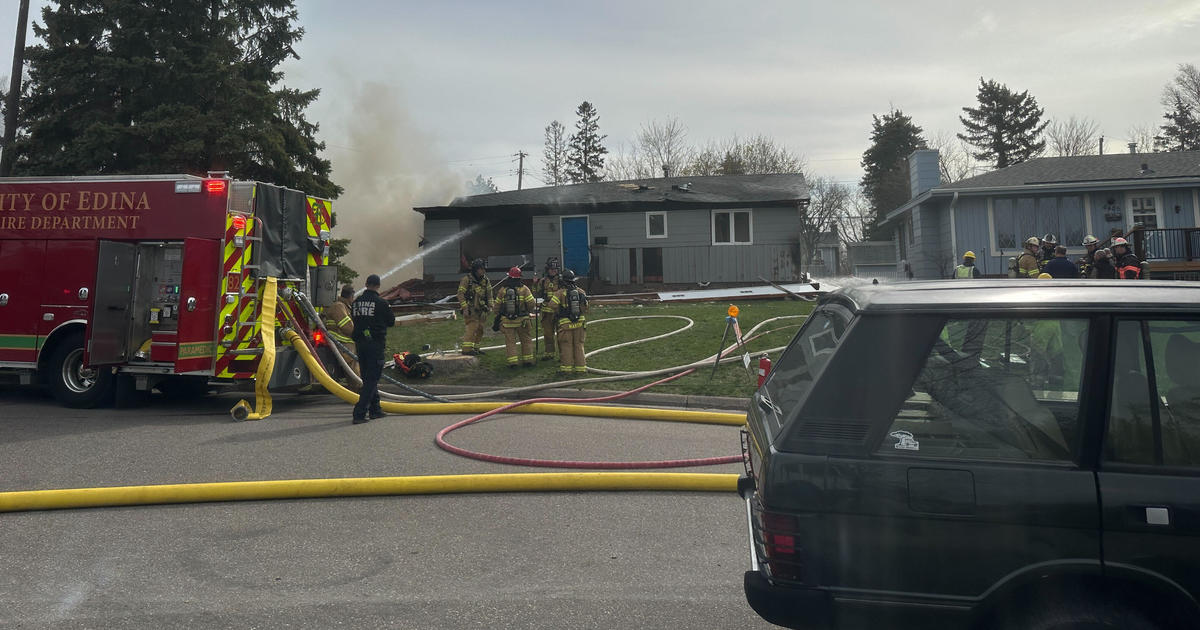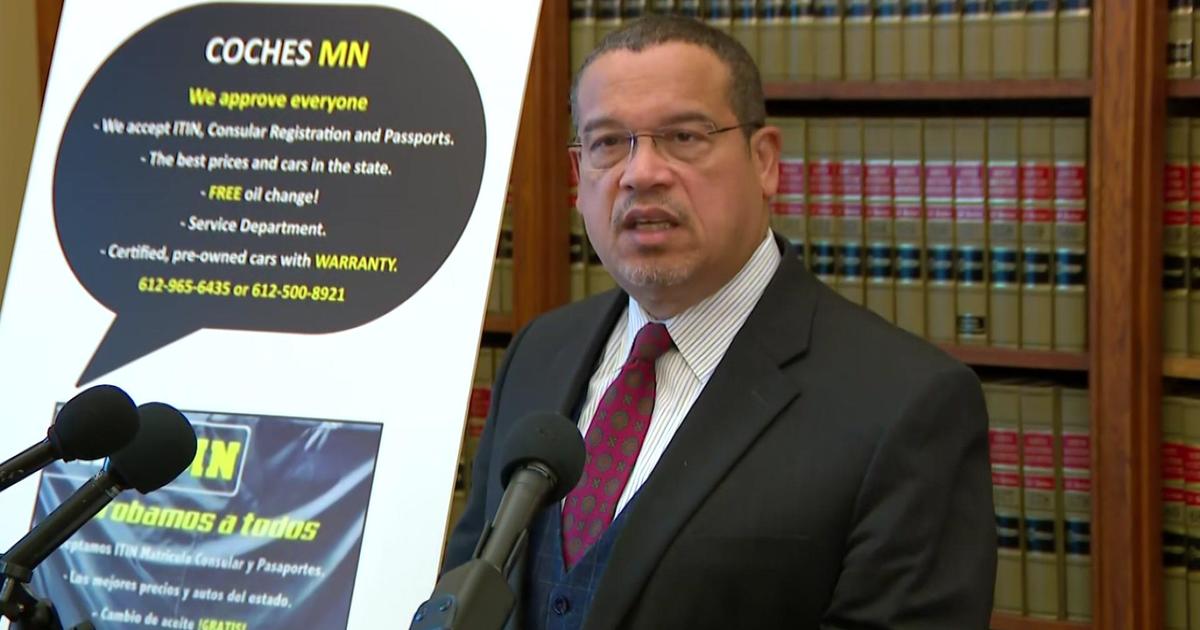Rather Than Lose Seat In U.S. House, MN Shores Up Census Efforts
ST. PAUL, Minn. (AP) — Gov. Tim Walz helped kick off a yearlong drive Monday to try to ensure that all Minnesota residents are counted in the high-stakes 2020 census with the state again on the bubble for losing one of its eight seats in the U.S. House.
"The ability to have a fair democracy is incumbent on every single person being counted," the Democratic governor told a rally in the Capitol Rotunda to launch the "We Count" campaign, organized by a partnership of nonprofit groups to encourage everyone to participate in the count, which begins April 1, 2020.
There's more at risk than a congressional seat. The federal government uses census data to parcel out aid to the states. Lt. Gov. Peggy Flanagan told the crowd that each missed person could cost the state $28,000 in federal funding over 10 years.
Minnesota had the second-highest response rate in the 2010 census. Much of the campaign is focused on ensuring the most complete count possible among historically undercounted groups, including renters, children, immigrants, people of color and low-income households. One of the keys for ensuring a full count will be accurately counting rural Minnesota, said Kathy Annette, president and CEO of the Blandin Foundation and a co-chair of the campaign.
Walz called the census "one of the truly nonpartisan issues that will come under this dome," but the fate is unclear for a bill to provide $2.5 million for state census initiatives. While the bill by Rep. Jamie Long of Minneapolis is progressing through committees in the Democratic-controlled House, with seven Republican co-authors, it has yet to get a hearing in the GOP-controlled Senate, where it's still sitting in a committee.
Sen. Mary Kiffmeyer, the Big Lake Republican who chairs that committee, said she wasn't ready to say whether she'd support spending $2.5 million on the census effort.
Officials have projected that Minnesota would lose one House seat if all 435 seats were reapportioned according to today's populations. But if the state's current population growth spurt continues, they project that the state would just barely keep its eighth seat.
There's uncertainty in those numbers, said Andrew Virden, director of census operations and engagement for the state demographer's office. And while Minnesota has had eight or more U.S. representatives for a century, he pointed out that Minnesota kept its eighth seat after the 2010 census by just 8,739 people.
"We are absolutely on the bubble," he said in an interview. "Which is why this coalition that has gathered around this issue is so important."
Another question mark is whether the U.S. Supreme Court affirms lower-court decisions in lawsuits by several states including Minnesota that rejected the Trump administration's effort to include a citizenship question in the survey. Critics say the question would deter immigrants and their families from participating despite laws meant to keep census data confidential.
"Our message is that we're prepared to count everyone. ... The census is confidential and the census is safe," Marilyn Sanders, regional director of the U.S. Census Bureau, said at a news conference.
(© Copyright 2019 The Associated Press. All Rights Reserved. This material may not be published, broadcast, rewritten or redistributed.)



